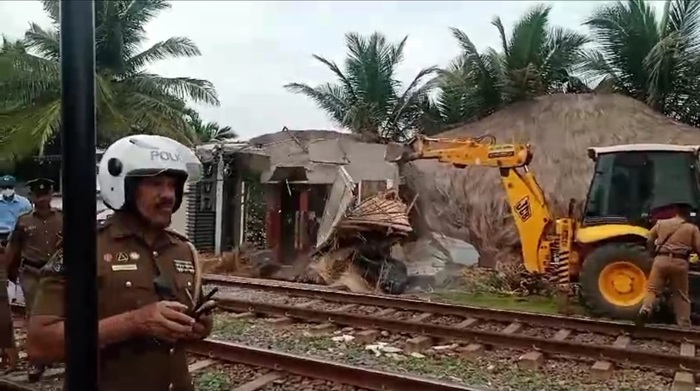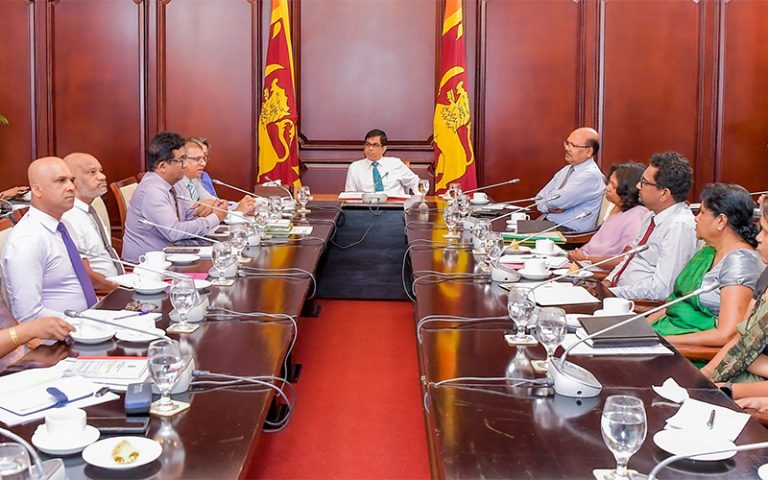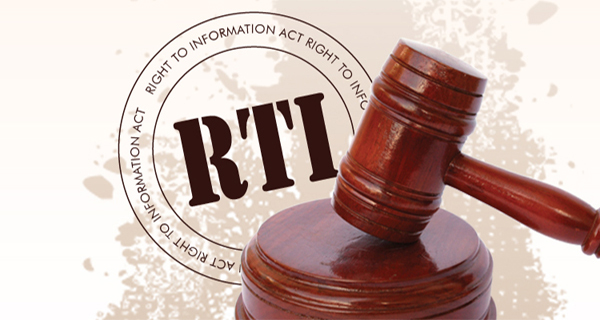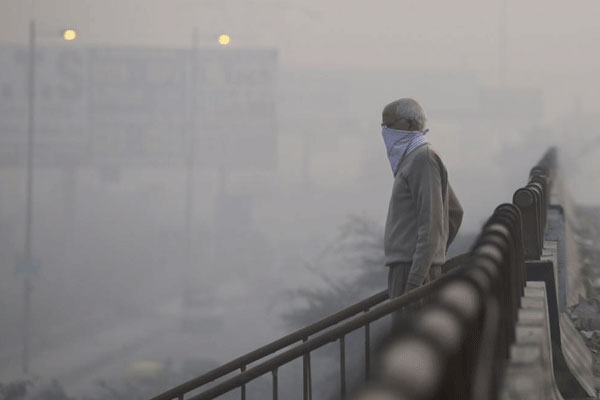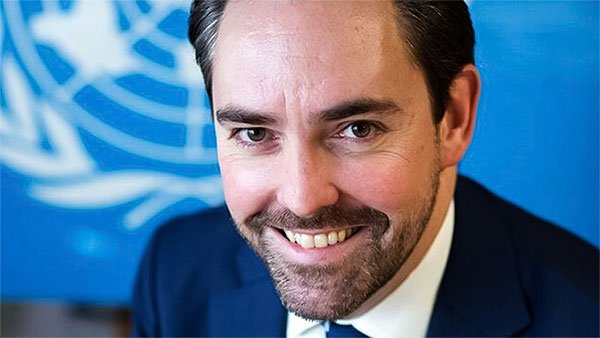Ajith Perakum Jayasinghe
Sri Lanka’s recent anti-drug operation, “Yukthiya (Justice),” launched by Public Security Minister Tiran Alles and Acting Inspector General of Police Deshbandu Tennakoon, has ignited a heated debate, raising concerns about human rights and the effectiveness of its methods.
While the operation boasts significant drug seizures and arrests, questions simmer regarding adherence to legal procedures and respect for fundamental rights. Critics point out the presumption of innocence enshrined in Sri Lankan law and question the extent to which police operations comply with this principle. Concerns arise surrounding the legality of property confiscations and the potential for abuse of power.
The silence of civil society is another intriguing aspect. Mainstream opposition parties, left-wing groups, and prominent NGOs have remained largely muted, suggesting a complex societal attitude towards the operation. While many support combating the drug menace, the potential violation of rights raises crucial questions about the long-term consequences.
Beyond immediate arrests, analysts highlight the interconnectedness of the drug trade with legal and illegal businesses like money lending, hotels and public transportation. This deeply entrenched network allows traffickers to operate from abroad or even in prison, posing a significant challenge to authorities. Concerns also mount about potential money laundering schemes involving religious and welfare organizations.
Tennakono’s past human rights violations, compounded by a Supreme Court reprimand, add another layer of controversy. As he and Alles navigate this intricate web of crime and politics, the true nature of Operation Justice becomes increasingly murky.
On one hand, the operation tackles a pressing social issue, offering hope for a safer society. On the other, the potential for unchecked power and disregard for legal frameworks casts a long shadow, risking a Pyrrhic victory against drugs at the cost of fundamental rights.
With both supporters and critics raising valid concerns, Operation Justice presents a complex picture. As the story unfolds, Sri Lanka stands at a crossroads, grappling with the delicate balance between security and accountability in its fight against the drug menace.

